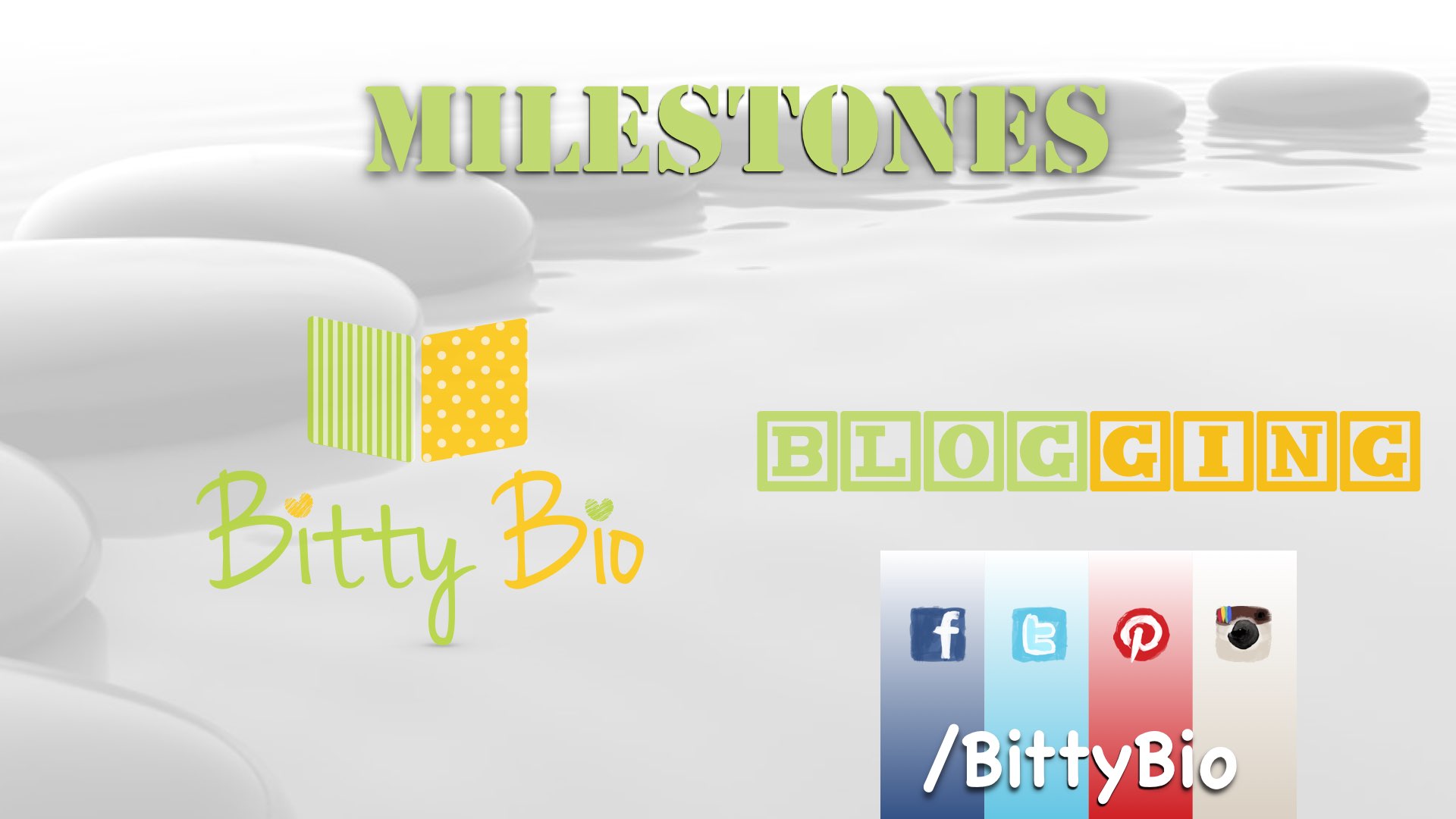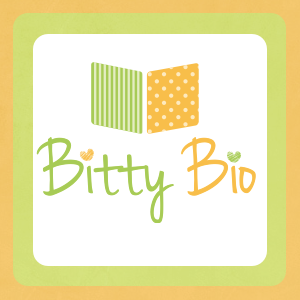Language Milestones Birth To 12 Months
10/02/15 09:00 Filed in: Milestones
Speech and Language milestones are a helpful guideline to ensure that your child is on track to becoming a great reader. Remember that these are only guidelines and every child is different.
If your child is lagging behind, this is what to look for and some tips on putting it to practice.
This is a 3 Part Blog Series:
Part I - Birth to 12 Months
Part II - 12 to 24 Months
Part III - 2 to 5 Years

If your child is lagging behind, this is what to look for and some tips on putting it to practice.
This is a 3 Part Blog Series:
Part I - Birth to 12 Months
Part II - 12 to 24 Months
Part III - 2 to 5 Years

Birth to 6 months
From 3 to 6 months, your baby:
How you can help your baby’s speech and language grow:
From 9-12 months, your baby:
How you can help your baby’s speech and language grow:
From birth to 3 months, your baby:
- Reacts to sudden noises by crying or jerking their body
- Enjoys soft noises and familiar voices
- Makes different sounds (like - ah, uh)
- Gets excited when you come close
- Knows if there is a strange person or unfamiliar situation
- Makes noises (coos, gurgles)
- Turns toward a new sound
- Looks at objects and faces
- Is calmed when you hold and comfort him/her
- Smiles at you
- Usually has different cries to let you know they are hungry/tired
From 3 to 6 months, your baby:
- Looks toward sounds and voices
- Reacts when you show him/her a spoon or bottle
- Smiles and laughs when happy, makes noises when he/she is not
- Tries to talk to you, to himself/herself, and to objects
- Says sounds like “um-um” and “aga”
- Watches your face when you talk
- Makes noise to get attention
- Makes sounds back when you talk
How you can help your baby’s speech and language grow:
- Talk to your baby, talk about what you are doing when you are washing, dressing or feeding him/her
- Use your baby’s name when talking to him/her
- Repeat the sounds your baby makes
- Face your baby when you talk to him/her
- Do things to make your baby smile/laugh
- Show your baby picture books and talk about what you see
- Use lots of facial expressions when you are talking to your baby
- Sing songs or nursery rhymes
- Play simple games like “peek-a-boo”
6-12 months
From 6-9 months, your baby:
- Understands his/her name
- Understands simple words like “up” and “no”
- Makes different sounds like “ba-ba”, “na-na”
- Uses a voice that rises and falls
- Understands different faces (mad, happy)
- Might cry when you leave the room
- Starts to imitate familiar sounds and actions
- Tries to play “pat-a-cake” and “bye-bye”
- Starts to look at pictures in books
- Likes to do things with objects such as shaking, banging
From 9-12 months, your baby:
- Looks toward a sound or voice right away
- Starts to know names of objects and body parts (blanket, nose, toes)
- Starts to point to an object when you ask where it is
- Points and makes a noise to ask for something
- May start to use a few simple words
- Shakes his/her head to say no
- Imitates simple sounds
- Does things to see how people will react
- Likes people he/she knows, might move away from an unfamiliar person
- Tugs at you or holds up arms to be picked up
How you can help your baby’s speech and language grow:
- Use gestures when you talk to your baby
- Show your child how to make gestures by moving their hand
- Get excited when your child starts to point and label the object
- Use simple words to talk about what you’re doing
- Speak in short sentences
- Be consistent in the words you use to label objects
- Play simple games like “peek-a-boo”
- Tell your child to listen to the different sounds you hear (rain, telephone)
- Sing songs or nursery rhymes
Adapted from smallTALK
www.smalltalkinfo.ca
Thanks for joining us. Please leave a comment below and share the post.
blog comments powered by Disqus
